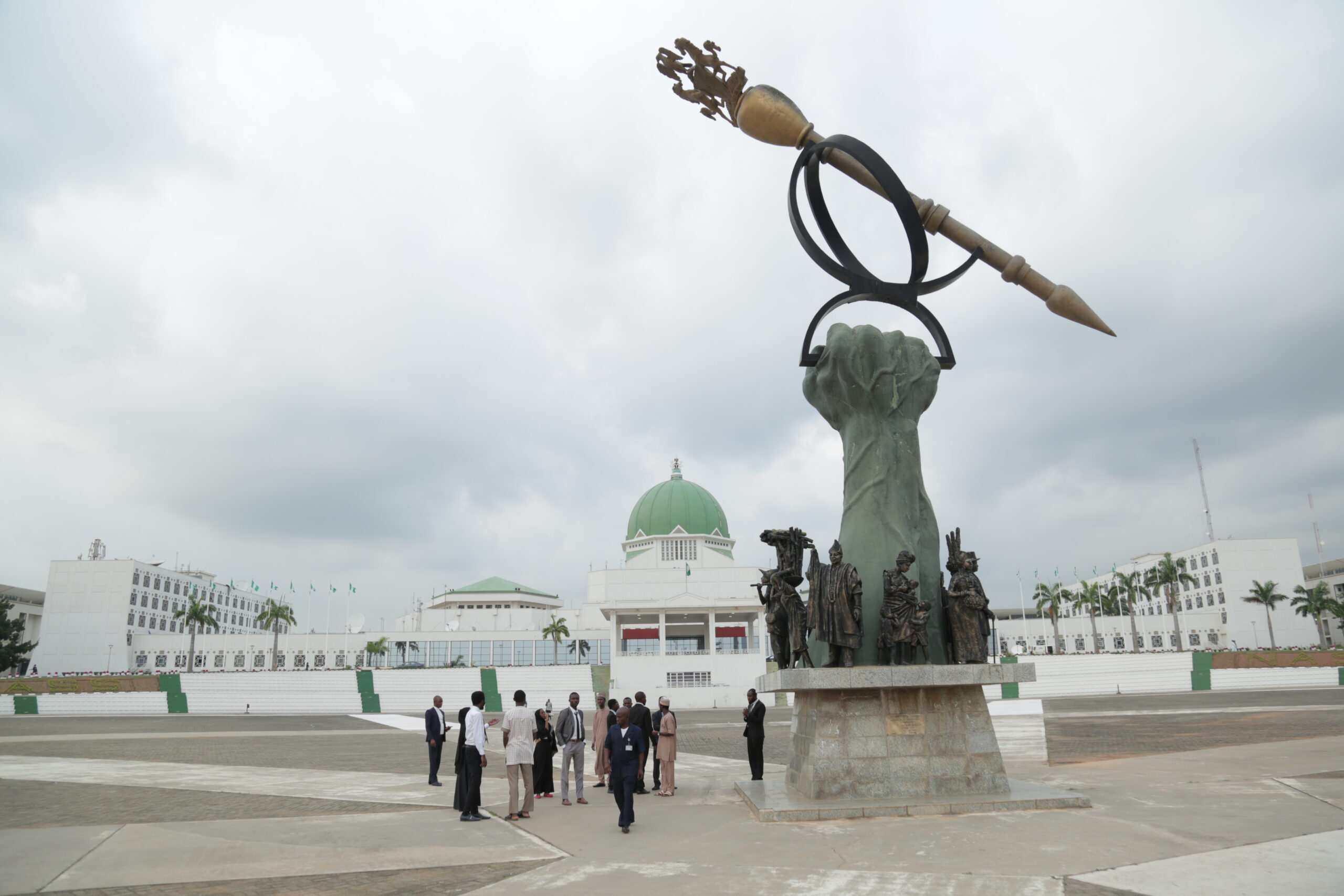Intellectual capital as veritable tool for nation building
The education system of any nation should be a milling machine for shaping individuals into a desired and needed intellectual capital in the society. It equips young minds with the desired skills, values and attitudes that will enable them to fit into the modern work environment without difficulty. It prepares them to work towards the […]

The education system of any nation should be a milling machine for shaping individuals into a desired and needed intellectual capital in the society. It equips young minds with the desired skills, values and attitudes that will enable them to fit into the modern work environment without difficulty. It prepares them to work towards the actualization of the nation’s full potentials.
The products of this system should therefore not only justify the resources the nation invested in them, but should also catapult its economy to an advanced status, and improve the living conditions of its citizens.
In this era of knowledge-based economy, nations rely on intellectual assets, to attain greatness and achieve lofty goals and ambitious objectives. Moreover, as globalization is sweeping across nations, the population is growing and crude oil is losing its value in the international markets, Nigeria needs to focus on its education system with the view of making it a world standard. It should be ensured that the system incubates the desired and right-type products that can be relied upon for nation-building. The graduates from the system should be fortified intellectual assets not only for local needs but also favourably competitive in the global arena.
The education system should be redesigned, reengineered, reinvented and reinvigorated to prioritise millennium skills acquisition rather than the literacy and numeracy that were bequeathed to us by the colonial masters. It should inculcate discipline, patriotism, selflessness, sincerity and honesty in the students so that they can be worthy members of their families and the pride of their communities. They should also be devoid of ethnic jingoism, tribal chauvinism or religious fanatism.
The educational curriculum should encompass millennium survival skills such as critical thinking, deductive and inductive reasoning, digital economic skills, entrepreneurial skills, social skills, writing skills, public speaking skills, leadership skills, problem-solving as well as team working skills.
A holistic review of the curriculum should be undertaken to get rid of all the obsolete and outdated contents, subjects and courses so as to allow for more relevant and contemporary ones. It should be geared towards solving the problems and challenges bedeviling the society. It should also be fine-tuned towards catering for the needs and aspirations of the nation.
A substantial investment should be made in the education sector to make it more inclusive, accessible and affordable to all and sundry. This should go into providing sufficient facilities and enough equipment that can accommodate as many students as possible. Though, due to the global economic slowdown, there is a paucity of funds in the government’s coffers, to make such significant investments in education, however, alternative sources of funding should be researched out to unleash sufficient resources for that purpose.
Individuals, corporate bodies, charity organisations, local and international donor agencies as well as the private sector should be encouraged to contribute to the education sector. As declared in the universal basic education policy, “education for all is the responsibility of all”.
Meanwhile, teachers who play the catalytic role in translating the curriculum into practical reality should be prepared and positioned to perform their duties effectively. They should be well trained, motivated, renumerated, and taken care of for optimum presentation. They should be well-groomed and grounded in both the subject matter and pedagogical content knowledge.
In essence, they should be learned in modern pedagogy and applied in the classroom situation for maximum achievement of the instructional objectives.
Moreso, the resultant products will be the desired type of intellectuals and professionals that can be the beacons of hope for the future of Nigeria. They can be an intellectual asset that can efficiently derive the economic advancement of the nation.
They can stimulate agricultural mechanization, solid minerals development and industrial revolution, youth and women empowerment as well as poverty alleviation in the country.
They can also serve as a viable resource for transforming Nigeria into a true giant of Africa, and a veritable tool for advancing its economy into a first-world status from its current third-world position.
Usman Aliyu Elnafaty DP21, Fadamar Jaji, Behind Federal Secretariat, Bauchi
